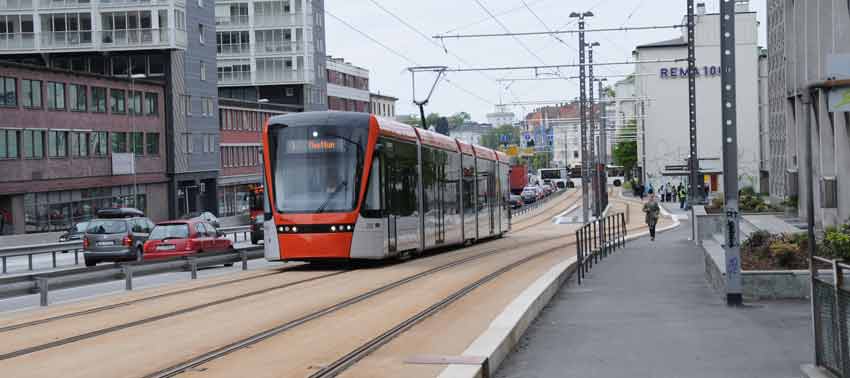SUMPs-Up: European Programme for Accelerating the Take-up of Sustainable Urban Mobility Plans
The EU project SUMPs-Up is about promoting the development and implementation of Sustainable Urban Mobility Plans (SUMP) in European cities. Read more at the project website: http://sumps-up.eu/. For more information: Hanna Wennberg (+46 10 456 56 08), Rasmus Sundberg (+46 10 456 56 45), Caroline Mattsson (+46 10 456 56 43) or Björn Wendle (+46 10 456 56 09).
Poly-Sump (2012-14)
Funded by the EU’s IEE programme, Polycentric Sustainable Urban Mobility Plans (Poly-SUMP) developed a sustainable mobility planning methodology in polycentric regions – regions with several centres, where services and goods, and therefore transport needs, are scattered in different towns. For further information please contact Emeli Adell on +46 10 456 56 22 or visit the PolySump website.
Ecomobility Shift (2010-13)
This EU IEE funded project developed a method to assess, improve and promote the environmental sustainability of local governments’ transport and land-use planning policies. For further details, contact Karin Neergaard +46 10 456 56 16, or visit the EcoMobility SHIFT website.
Lund Transport Strategy – LundaMaTs I, II and III (1997 to date)
Trivector has been involved in the preparation (and thereafter evaluation) of LundaMaTs since its inception in 1997. Through its several far-sighted decisions in sustainability, smart financing and skilful execution, LundaMaTs has since become a model for how to work with these issues in cities and is a known brand for urban planners throughout Sweden and internationally, due to its exposure in various EU projects.
Trivector has also been involved in the design of transport strategies (often with a sustainability focus) in several Swedish cities, including Linköping, Gävle, Eskilstuna and Västervik. Recently, we monitored and evaluated the effects of some of the most successful strategies in Sweden.
TransportMistra (2006-08)
TransportMistra was an interdisciplinary Swedish research programme on sustainable transport and developed strategies, models and tools to help improve the long-term sustainability of the transport sector. It was formed around three subprojects – IMPACT, INFORM and INCLUDE. For more information, please contact Lena Smidfelt Rosqvist, +46 10 456 56 10.
LETS2050 (2009-2013)
The core mission of the LETS research program was to identify, explore and suggest ways that Sweden can implement low-carbon energy and transport systems for 2050, in order to reach the ambitious climate policy objectives suggested by the 2°C target. To achieve this, we have to drastically decrease our emissions of carbon dioxide and other greenhouse gases. The research within the LETS programme was based on the presumption that it is technically possible and economically doable to make the transition to a low carbon society, but what needs to be done is to find the paths to get there. Hence, the overarching research question was: What societal transitions are implied by low-carbon futures and how can these transitions be governed and implemented to meet challenging climate policy objectives?
The abbreviation LETS stands for Governing transitions towards Low-Carbon Energy and Transport Systems for 2050. The research period for the LETS programme was January 2009 – June 2013 and approximately 25 researchers from a number of institutions were involved.
For more information, please contact Björn Wendle, +46 10 456 56 09.
The network “Mobility Management in planning”
The network “Mobility management in planning” supports cities that want to use the MaxLupoSE principles in their sustainable transport planning. Please contact Caroline Mattsson, 46 10 456 56 43 for more information.



